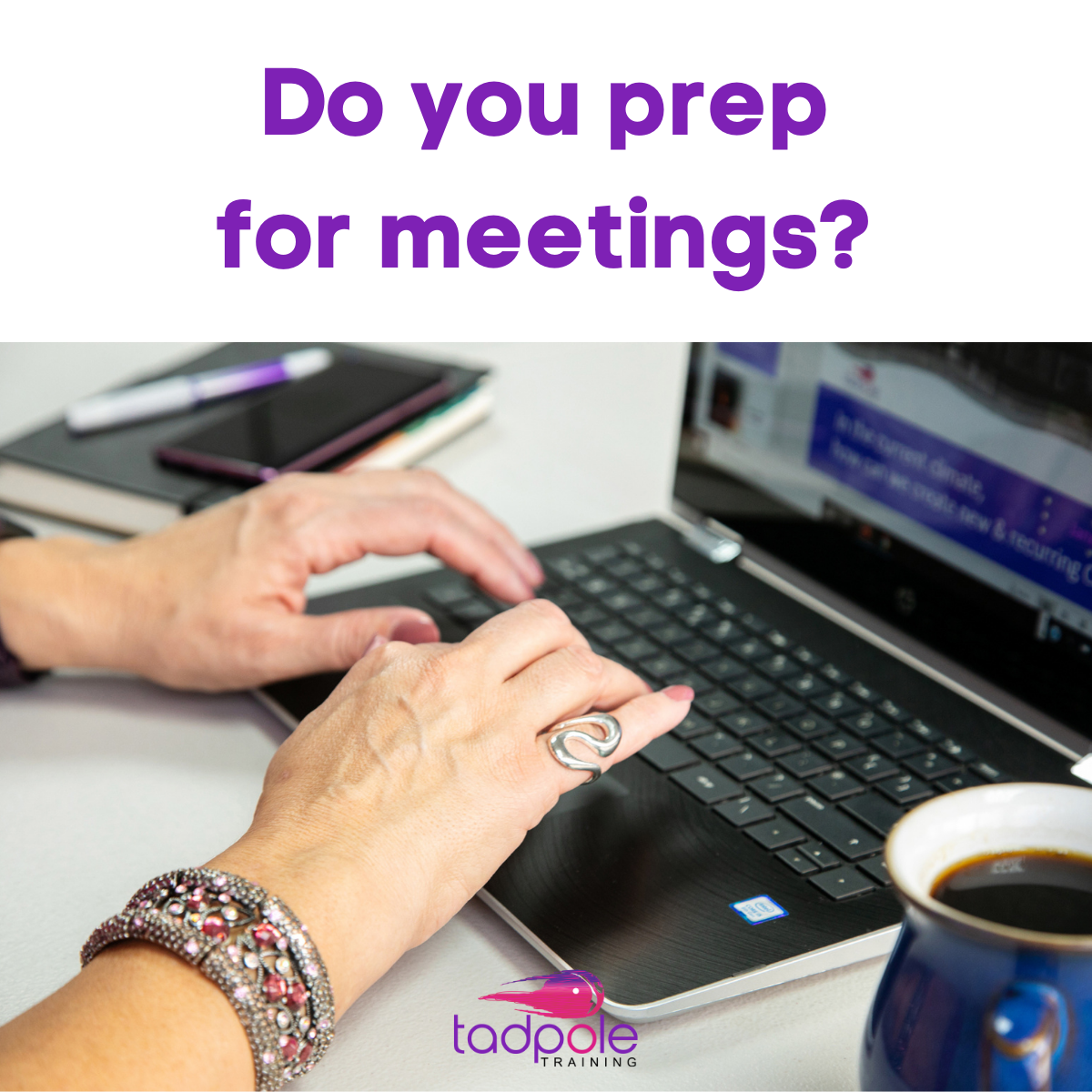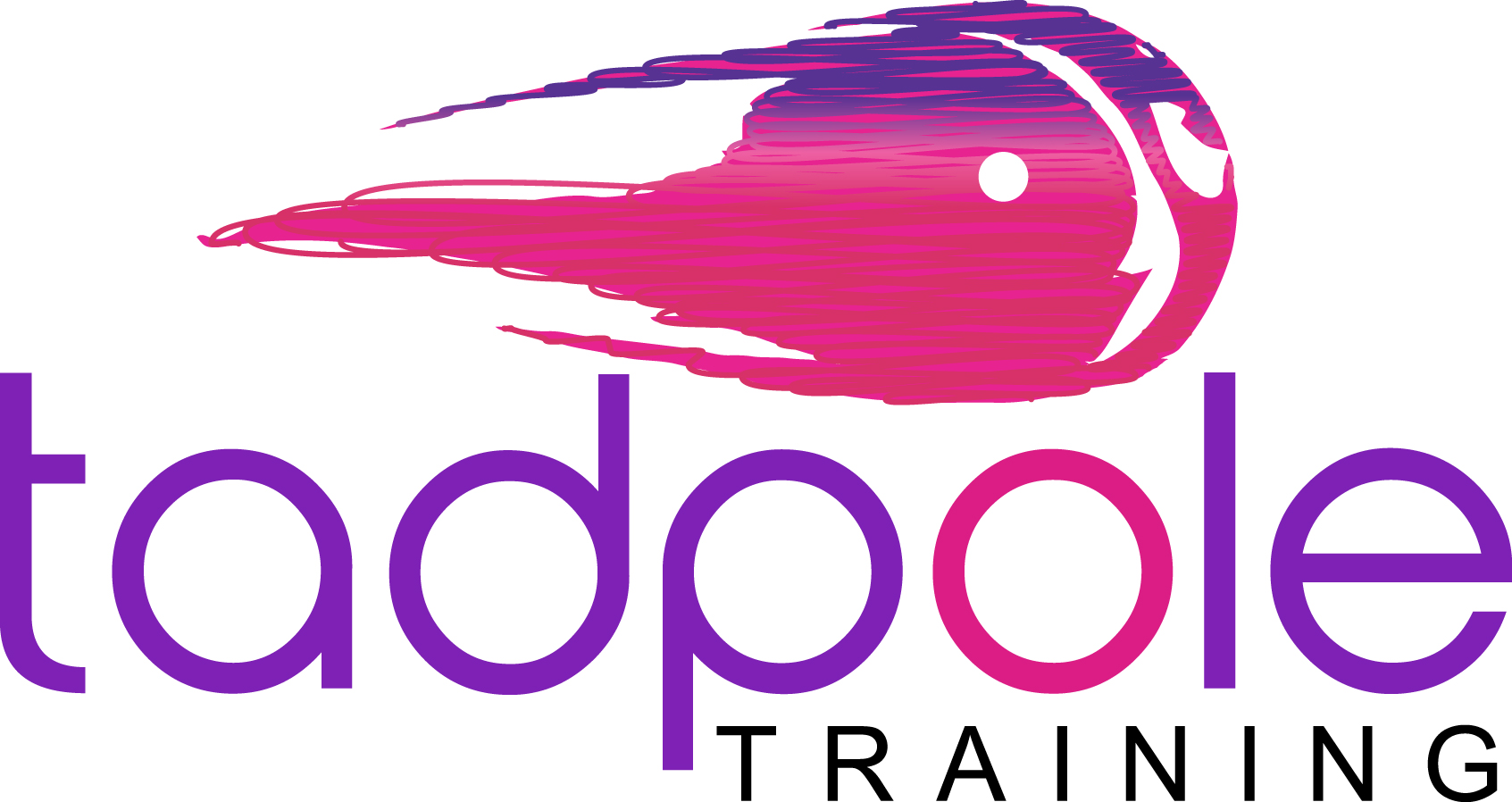
by Janet | Mar 4, 2024 | negotiation, sales tips, sales training
How can elephants help you sell more? Well if you can get more elephants in your life, it can actually make a difference to your sales figures! (anyone who has been on my training probably knows what’s coming next….) You know the cliché of the salesperson?...

by Janet | Dec 21, 2023 | sales tips
So you’re stuck in the office (or on the laptop) on those few last days before Christmas. How about not worrying and instead doing some nice stuff?You’re getting pressure from the boss to keep pushing the figures but the world is in Christmas mode. What...

by Janet | May 19, 2022 | sales tips, Training
What terrible mistakes have you committed in sales? As a sales trainer and sales coach I see loads of sales mistakes, but it doesn’t mean I haven’t committed a few in my time! One of my worst was at Xerox. As a senior member of the team, I often had the...

by Janet | May 18, 2022 | sales tips, sales training
So you got the meeting….. now what? Do you turn up and hope for the best, or do you prep? Yesterday I was invited to a meeting with a potential new client regarding sales training and, as usual, I did some research first. There is a lot out there if you look: ?...

by Janet | Feb 23, 2021 | entrepreneurs, marketing, sales tips, sales training, Training
Have you heard that phrase before – “Don’t sell the sausage, sell the sizzle”? If you think about it, a sausage is just sliced up dead pig. Not very appealing is it? But when you start to think about the smell, the taste and the look of a...
by Janet | Feb 21, 2021 | entrepreneurs, sales tips, sales training
Why the best way to sell is …er…not to sell Time and time again when I am running my training courses, particularly those that focus on basic sales techniques, delegates express their worry that they don’t want to be pushy or too...






